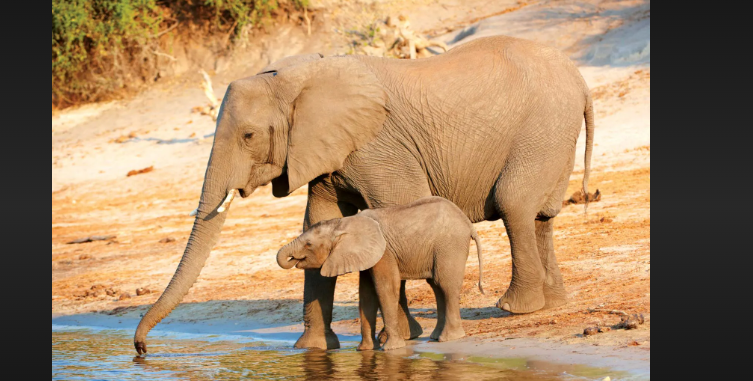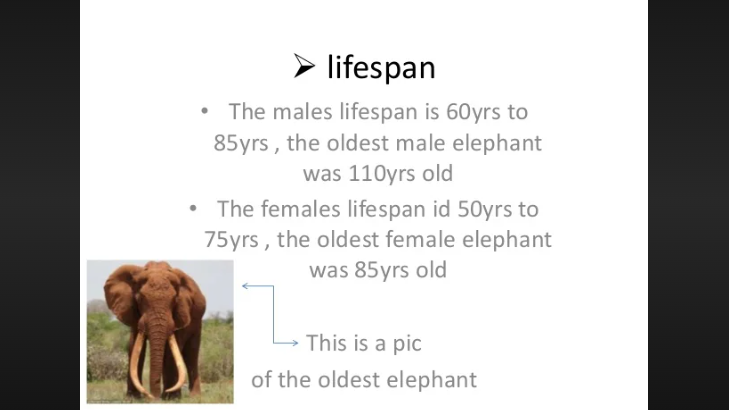The Remarkable Elephant Life Span: Secrets to Their Longevity
The world of wildlife is home to some of the most incredible and majestic creatures, and among them, elephants stand tall both in stature and in terms of their fascinating life span. In this article, we will delve into the secrets of the elephant's remarkable life span, exploring the factors that contribute to their longevity, and understanding the significance of their existence in the animal kingdom.

The elephants
1. Understanding the Elephant
Before we dive into the secrets of their longevity, it's essential to have a fundamental understanding of these magnificent creatures.
Elephants are the largest land animals on Earth, known for their distinctive long trunks and massive bodies.
They are highly intelligent and social beings, forming tight-knit family groups that provide support and protection throughout their lives.
2. The Average Elephant Life Span
The elephant's life span is a topic of great interest and curiosity.
On average, elephants in the wild live to be around 60 to 70 years old. However, elephants in captivity tend to have a slightly shorter life span, usually living into their 40s or 50s.
These disparities raise questions about the factors that influence their longevity.
3. Genetics and Longevity
Genetics plays a significant role in determining an elephant's life span.
Just like in humans, genetics can predispose an elephant to certain health conditions. Elephants with strong genetic backgrounds tend to live longer and healthier lives.
4. Diet and Nutrition
Another critical factor contributing to an elephant's long life is their diet.
Elephants are herbivores, consuming a wide variety of plants and vegetation. Their diet is rich in vitamins, minerals, and fiber, which contribute to their overall health.
In the wild, they have access to a diverse range of plant species, ensuring they receive a balanced diet.
5. Social Bonds and Stress Reduction
Elephants are incredibly social animals, living in close-knit family groups led by a matriarch.
These social bonds provide emotional support, reducing stress levels and promoting overall well-being. Reduced stress is known to extend an animal's life span.
6. Protection from Predators
Adult elephants have few natural predators due to their size and strength.
However, young calves are vulnerable to predation by lions and crocodiles.
The protective nature of the herd, combined with the wisdom of older elephants, helps ensure the survival of the young, contributing to the overall life span of the species.
7. Challenges to Elephant Longevity
While elephants have impressive life spans, they are not without their challenges.
The illegal ivory trade poses a significant threat to their survival, leading to poaching and a decline in their numbers.
Habitat loss and human-wildlife conflict also take a toll on elephant populations, impacting their life expectancy.
8. Conservation Efforts
In response to the threats faced by elephants, conservation efforts are in place worldwide.
Organizations and governments work tirelessly to combat poaching, protect habitats, and mitigate human-elephant conflicts.
These efforts are essential for preserving these majestic creatures and ensuring their continued longevity.

Elephant life span
The elephant's life span is a testament to the remarkable qualities of these creatures. Their genetic makeup, social bonds, and access to a balanced diet all play vital roles in their long and healthy lives. While they face challenges in the modern world, conservation efforts give hope for the preservation of these iconic animals. Understanding the secrets of the elephant's longevity serves as a reminder of the importance of protecting and cherishing these magnificent beings in the wild.